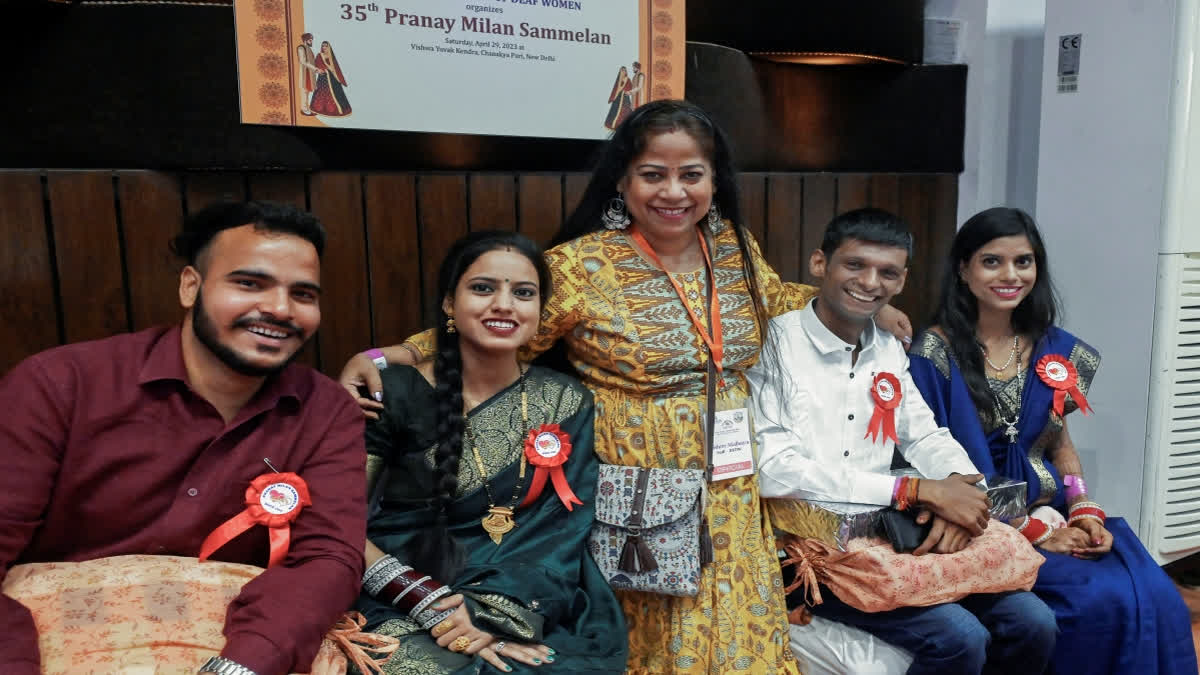New Delhi: The International Week of Deaf People is an annual event aimed at raising awareness about deaf culture and the rights of deaf individuals. Celebrated in the last week of September, it promotes social inclusion, accessibility, and the importance of sign language. Each year has a specific theme, focusing on various aspects of deaf identity, education, and advocacy. Activities often include workshops, cultural events, and advocacy campaigns to highlight the contributions of the deaf community.
History
The International Week of Deaf People was first established in 1958 by the World Federation of the Deaf (WFD). It aimed to promote awareness of deaf culture, sign language, and the rights of deaf individuals. Initially celebrated in a more limited capacity, it has grown significantly over the years, with participation from organisations and communities worldwide.
In 2006, the event was formalised to take place annually during the last full week of September. Each year features a specific theme that addresses relevant issues affecting the deaf community, such as education, accessibility, and social inclusion. The week serves as a platform for advocacy, fostering greater understanding and recognition of deaf individuals and their contributions to society.
Significance
The International Week of Deaf People holds immense significance. It raises awareness about deaf culture, challenges misconceptions, and promotes understanding of sign language.
The week highlights the rights of deaf individuals, advocating for accessibility and inclusion in various societal aspects, including education and employment. It fosters a sense of community among deaf individuals and their allies, encouraging networking and support. The day emphasises the importance of sign language as a vital means of communication, deserving of recognition and protection.
The week serves as a crucial platform for empowering the deaf community and promoting equality.




